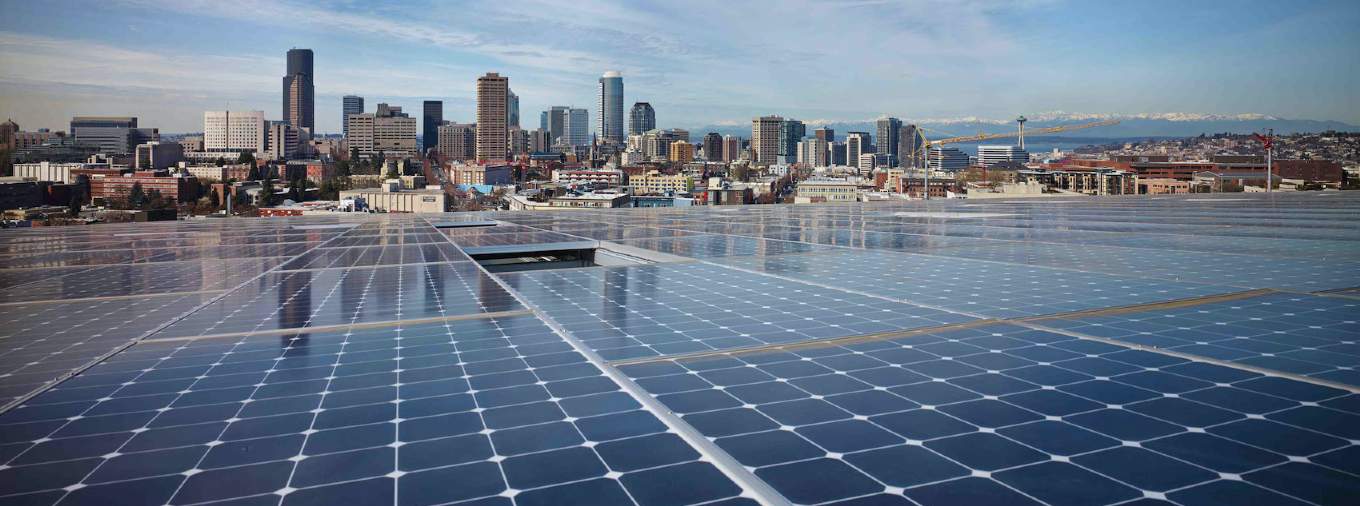Climate change is the most important topic of our century. It's seen as an imminent worldwide threat and collectively the built environment is one of the worst contributors, responsible for almost 40 per cent of the world’s total of energy and process-related emissions.
Although the industry has set the wheels in motion to help bring this figure down and reach net carbon zero by 2050, there’s still a way to go if we are to help secure a bright future for generations to come.
The Paris Agreement of 2015 is the most notable global treaty of our time with 187 countries ratifying it. Yet with global building stock set to double by 2050 according to OECD and more people forecast to migrate to city-centre living, urgent action from the real estate industry to decarbonise and enhance energy efficiency in buildings is required.
First stop: regulation
Many countries are turning to regulation to effect change. India has introduced the country’s first energy conservation code for housing and Amsterdam plans to be fully electric by 2050, while other countries are looking to influence change within the construction process.
However, it won’t just be regulation that drives change as the largest players in real estate are proactively making it a cornerstone of future strategy.
Green money
Larry Fink, founder and CEO of BlackRock, has told shareholders that climate risk is investment risk and how companies respond to climate change will be a defining factor in their long-term prospects.
UBS meanwhile has released a framework intended to help close the ‘climate finance gap’ to meet the goals of the Paris Climate Agreement and some banks are beginning to offer ‘green’ money to fund projects to meet energy performance.
Investors will demand more action and consumer/tenant pressure is likely to increase. For building owners, looking at opportunities to mitigate climate risks through the lifecycle of their buildings will be a good starting point.
Retro-fitting the future
For many parts of the industry, the starting point and key to keeping us on track towards a greener future, is to transform buildings to be net zero.
The most important aspect for this is having robust data, and making sure that it’s available to everyone. Owners and managers need to be able to respond to the fiduciary responsibilities through consistent and comparable statistics. The right information will help us put in place a series of actions that we are confident will have delivered the impact we need in 10 or 20 years.
So, with every part of the property sector accountable for getting us to a greener place and meeting the Paris Agreement target, it’s important our efforts are collective.
Every sector of the property lifecycle from the planning, development and design of a building to the leasing, management and financing needs to play its part and, by working together, we will be closer to reaching what we all need to achieve.
Further information
Read more: Impacts: The Future of Global Real Estate

.jpg)
.jpg)




.jpg)
.jpg)

